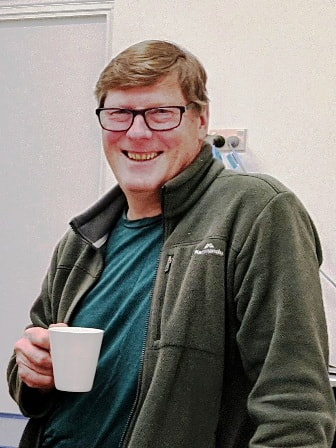At out 20 May session we discussed the relatively new science that aims to determine how much human emissions of greenhouse gasses (GHG) can be attributed to severe weather events and our future climate. Attribution science in this scenario makes extensive use of large-scale climate models called general circulation models that assess whether events are made more severe as a result of the presence of human generated GHG emissions. This is still a developing area of science and cannot be reliably used for all types of weather events. We also briefly considered the headline statements from the latest report from the Climate Mitigation working group of the Independent Panel on Climate Change (IPCC), which confirmed that without immediate (by 2030) and deep cuts to global GHG emissions, keeping global warming within the 1.5c to 2.0c range is unlikely to be achieved.
John Lane



